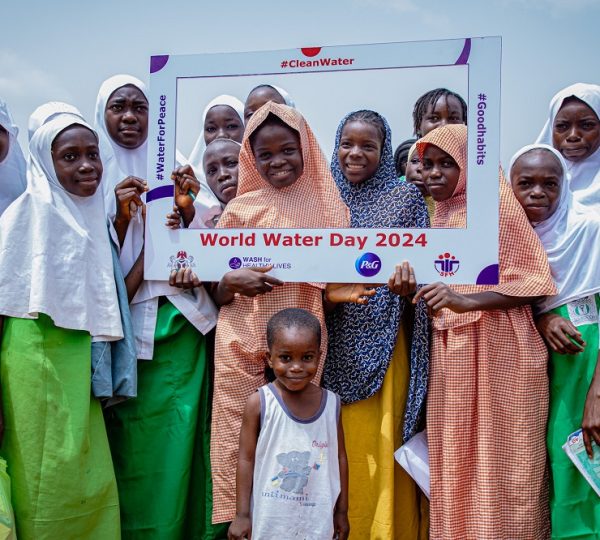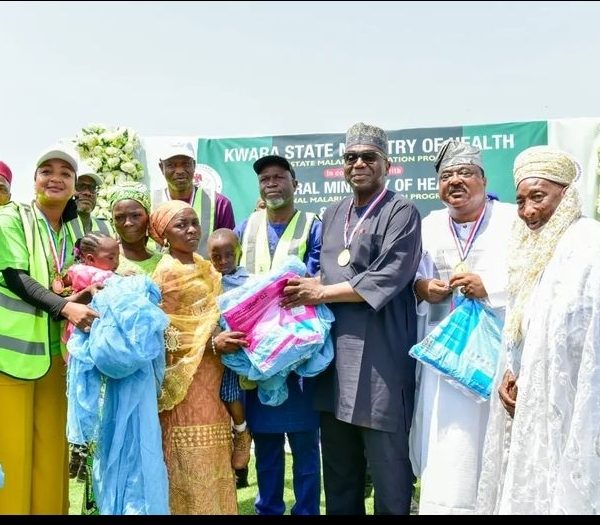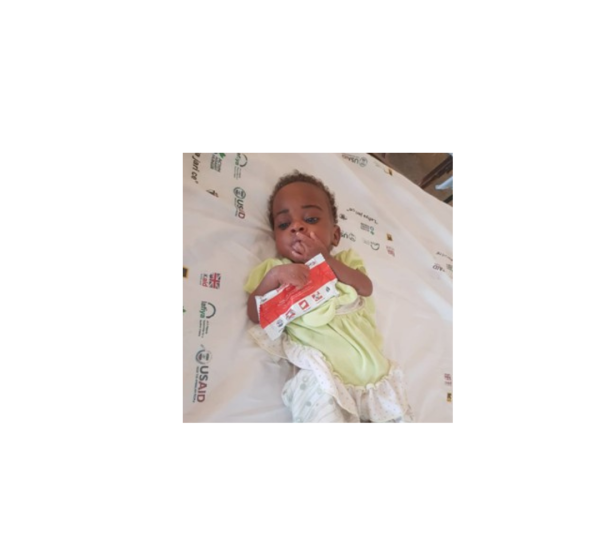Yes! We can end TB.
By Dr Abone Chizoba Geraldine, Director of Programmes KP-CARE 2 Project
Yes! We can end TB.
Today provides an opportunity to shed light on a disease that affects not only Nigeria but the world at large – Tuberculosis. This disease remains one of the deadliest infectious diseases of global impact, accounting for an estimated 30,000 new infections and 4000 deaths daily across the globe. It is caused by the bacteria Mycobacterium Tuberculosis, a highly contagious organism spread mainly through inhalation of droplets. TB primarily affects the lungs, but it can be spread to other organs such as the lymph nodes, spine, and other abdominal organs. TB is a preventable and treatable disease.
Unfortunately, Nigeria has not been spared from the global TB scourge. It is ranked first in Africa and sixth among countries with the highest TB burden in the world with about 590,000 new TB cases and 245,000 TB deaths annually. Nigeria is also among the ten countries that account for over 60% of the global gap in TB case detection. As TB thrives among the immunocompromised, Persons living with HIV (PLHIV) in Nigeria currently have a 25% TB co-infection rate, thus widening the morbidity and mortality associated with this disease, given the burden of HIV in Nigeria.
Notable strides have been made in TB prevention and treatment in Nigeria through multi-dimensional approaches and concerted efforts. For example: Improved BCG immunization with a 13% increase in vaccination coverage from 62% in 2010 to 75% in 2021. The scale-up of TB preventive therapy (TPT) among PLHIV, improved access to TB screening and diagnostics, such as Chest X-rays, Gene Xpert, TB-Lam, etc., and the review and adoption of WHO-recommended course-based treatments for drug-sensitive and drug-resistant TB. Despite these strides, closing the gap and ending TB remains a daunting task in the country, especially in the backdrop of conditions such as poverty and poor nutrition, TB knowledge gaps among the populace which propagates stigma and limits access to treatment, inadequate diagnostic and treatment infrastructure, gross funding inadequacies and largely donor-driven funding for the TB program.
Society for Family Health (SFH) has positioned itself among the key players working to end TB in the country through implementing USAID and BMGF-funded strategic interventions in 20 states of the federation. These interventions include community sensitization and community-based TB screening for about 3 million persons, with over 30,000 cases detected and linked to treatment, placing about 50,000 PLHIV on TB preventive therapy, capacity building of healthcare workers as well as lay community teams on TB case detection and treatment, and economic strengthening of over 35,000 households of vulnerable population groups. Beyond direct programming, SFH through its collaboration with key stakeholders and other implementing partners in the National TB and HIV sphere, especially the National Tuberculosis, Leprosy and Buruli Ulcer Control Program (NTBLCP), provides technical support for guidelines and strategic framework development, as well as roll-out activities at the state level to ensure ease of adoption and adaptation of WHO guidelines on TB case detection and treatment.
As the world celebrates World TB Day, SFH lends its voice to the call for increased government ownership of the TB program through funding. We also call for inter-sectoral partnerships and the development of indigenous, ingenious, and innovative solutions to address existing gaps in TB case identification and management. Ending TB requires collective efforts and actions. Let us all play our part in ensuring that we rid the world of this deadly disease. Yes! We can end TB… Together!



